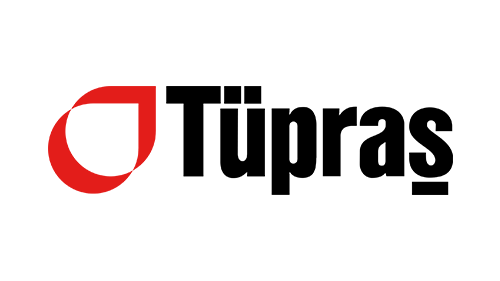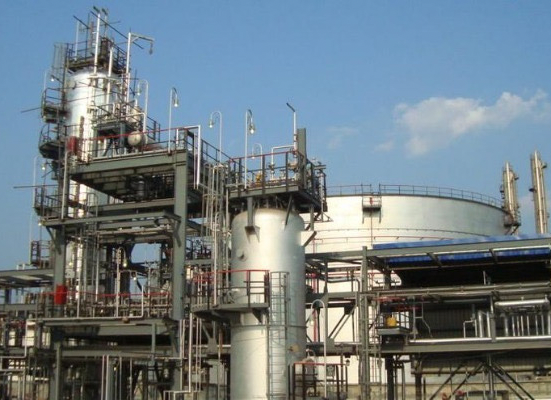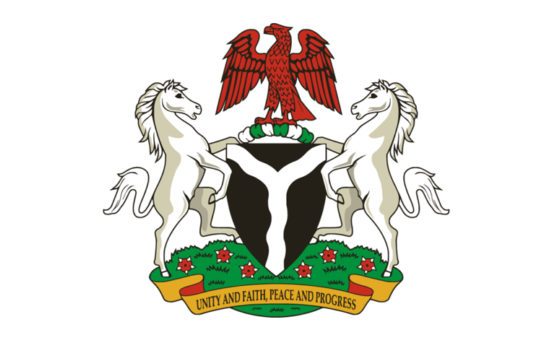Turkey’s foremost oil refining company, Tupras, has ordered shipments of Nigerian crude oil for delivery in March and April, a development that could significantly bolster Nigeria’s export earnings as the country intensifies efforts to fund its 2025 budget through increased oil sales.
According to shipping intelligence sourced from global commodities tracking firm Kpler, while the exact volume of the Nigerian consignments was not specified, the orders fall within a two-month delivery window. The move signals a strengthening of commercial ties between Nigeria and one of the Mediterranean’s key refining players.
Tupras, which operates two of Turkey’s largest refineries in Izmit and Izmir with a combined refining capacity of 467,300 barrels per day, is reportedly broadening its crude sources following recent volatility in the global oil market. Apart from Nigeria, the Turkish refiner has also secured cargoes from other producers including Guyana, Libya, and Norway for the same period, according to Kpler’s shipping data.
This strategic procurement comes at a crucial time for Nigeria. The West African oil giant depends heavily on crude oil exports, which account for nearly 90 per cent of its foreign exchange earnings. In the 2025 budget framework, crude oil revenues are expected to fund at least 56 per cent of total expenditure. However, the country’s oil income is increasingly under strain due to evolving global trade patterns.
One such example is Indonesia—traditionally one of Nigeria’s key buyers—which has announced a major pivot in its energy sourcing strategy. The Southeast Asian nation plans to increase crude and LPG imports from the United States by approximately $10 billion while scaling back purchases from other suppliers, Nigeria included. Indonesia’s Energy Minister, Bahlil Lahadalia, confirmed this new direction during a recent media briefing.
Meanwhile, Tupras has also resumed purchases of Russia’s Urals crude after a temporary suspension earlier this year, prompted by the tightening of U.S.-led sanctions. The company had been one of the most prominent importers of Russian oil following the onset of the Ukraine conflict in 2022, with Russian barrels making up 65 per cent of Turkey’s crude imports between January and November 2024.
Reports by Reuters and additional shipping data show that Tupras recently took advantage of falling prices in the Urals market, with the benchmark dipping below the $60-per-barrel cap set by the G7, European Union, and Australia. This cap restricts access to Western maritime services for Russian oil sold above that price point. Since late 2023, the U.S. Treasury has ramped up enforcement, targeting tankers suspected of breaching the restrictions.
Despite the pressure, trading sources confirmed that Tupras has arranged at least two Urals shipments for April loading. One of the vessels, Nissos Christiana, reportedly departed from the Russian port of Ust-Luga on April 3 with around 730,000 barrels and is scheduled to arrive at the Tupras-operated refinery in Izmit on April 21. A second cargo is also expected, although its details remain unconfirmed.
In a bid to further diversify its supply chain, Tupras recently made its debut purchase of Brazilian crude, signalling a broader strategy to reduce reliance on any single supplier amid geopolitical risks and regulatory uncertainty.
According to industry forecasts, global oil demand is expected to rise by approximately 730,000 barrels per day in 2025. Yet the landscape remains volatile, shaped by a complex web of international sanctions, shifting alliances, and evolving energy transition policies.







